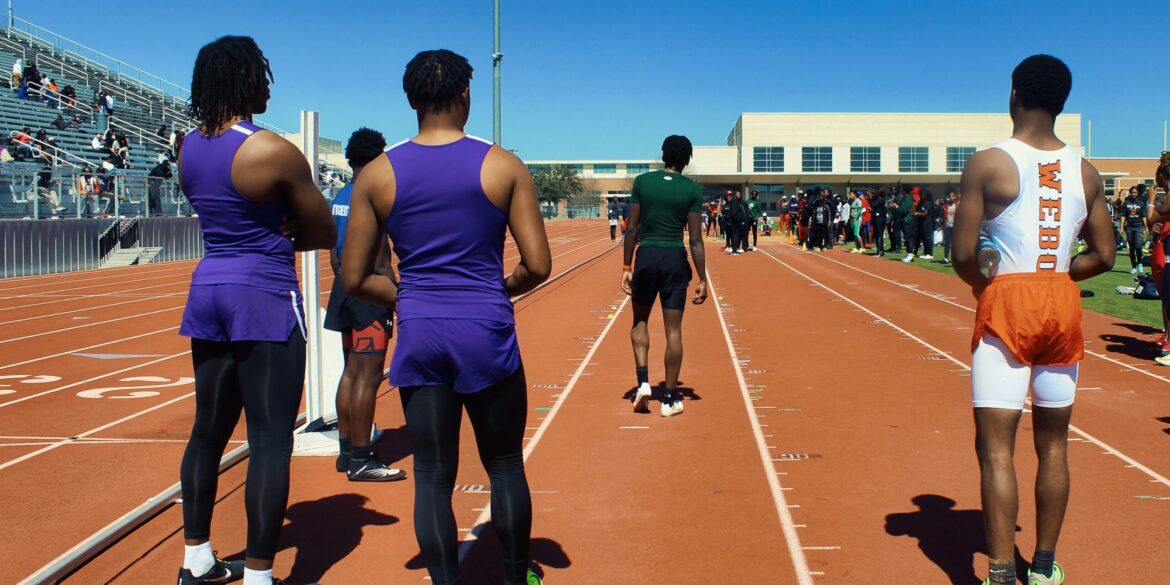On June 20, 2025, the University of Notre Dame launched its first-ever Sports Performance Summit, signaling a major step forward in the university’s commitment to advancing athlete health and performance. The two-day event, held at the Club Namoli venue inside the Joyce Athletic Center, brought together a curated group of 150 experts including athletic trainers, sports psychologists, performance coaches, physical therapists, and nutritionists. The summit focused specifically on supporting male athletes, with discussions and sessions tailored to address the unique physical and psychological demands of high-level men’s sports.
Notre Dame’s Athletic Director emphasized that the event is part of a broader institutional push to apply cutting-edge research and evidence-based strategies to athlete development. “This summit reflects our investment in evidence-based support for men’s high-performance athletes,” he said, noting that the university aims to set new standards for player care, performance optimization, and injury prevention. Topics covered ranged from neuromuscular training and personalized recovery systems to performance nutrition and stress resilience.
One of the core themes of the summit was the integration of psychology into physical training programs. Coaches and sports psychologists explored how mental resilience can be cultivated alongside physical conditioning, particularly for male athletes in contact-intensive sports such as football, wrestling, and lacrosse. These sports often carry a higher risk of injury and burnout, making the emphasis on psychological wellness and stress management especially relevant. Sessions focused on strategies for mental recovery, athlete identity, and maintaining focus under pressure—issues that are increasingly seen as key components of performance longevity.
Interactive workshops highlighted advances in data analytics and wearable technology, which now allow teams to monitor player load, sleep cycles, and neuromuscular recovery in real-time. Strength coaches demonstrated how biometric data is used to fine-tune training regimens, preventing overtraining while maximizing gains. One attending coach described the summit as a “game-changer,” citing the cross-disciplinary approach as pivotal for building sustainable athlete development programs. By combining physiology and psychology, attendees explored new ways to manage workload and recovery more effectively.
In addition to lectures and demonstrations, the summit provided a collaborative platform for professionals to share case studies, best practices, and challenges they face in the field. Nutritionists presented on macro- and micronutrient needs specific to male athletes at different stages of training and competition, with a particular focus on inflammation control, muscle repair, and immune function. These discussions reflected the broader trend in sports science toward personalized, evidence-based nutrition plans that complement training intensity and individual health profiles.
This gathering at Notre Dame mirrors a growing national interest in holistic athletic development—particularly in collegiate and elite-level sports. Across the U.S., athletic departments are increasingly investing in interdisciplinary approaches that combine traditional coaching with clinical insights. What was once a focus primarily on strength and conditioning has evolved to encompass full-spectrum athlete care, including psychological support, sleep hygiene, hormonal monitoring, and dietary optimization. The Notre Dame summit was praised for recognizing this shift and creating a space where multiple domains of athlete health could intersect in meaningful ways.
The event also highlighted the increasing role of technology in modern sports performance. Demonstrations included the use of motion-capture tools to identify biomechanical inefficiencies and digital dashboards that track recovery timelines after injury. These tools are particularly important for men’s sports, where the pace, impact, and competitive stakes often demand faster and more precise interventions. By fostering innovation and sharing data-driven insights, the summit aimed to equip sports professionals with tools to reduce injury rates and extend athlete careers.
Looking ahead, Notre Dame officials indicated plans to make the Sports Performance Summit an annual event, with future iterations possibly expanding to include women’s teams and youth athletic programs. The enthusiasm generated by the inaugural summit has already sparked discussions among other universities and sports organizations interested in adopting similar interdisciplinary models for their own performance departments.
Ultimately, the Sports Performance Summit underscored a fundamental shift in how male athlete care is being approached. It moved beyond traditional coaching models and into a more scientific, customized, and collaborative era of performance enhancement. As sports continue to evolve at both collegiate and professional levels, events like this one signal a promising future where athletes are supported not just as competitors, but as whole individuals—mentally, physically, and emotionally.

